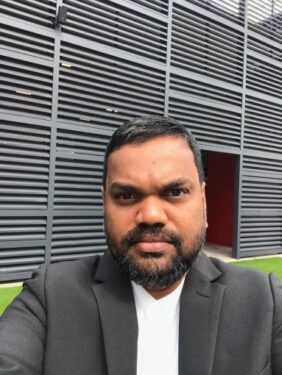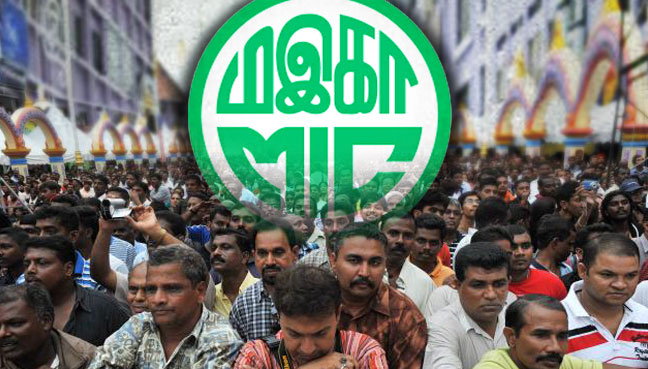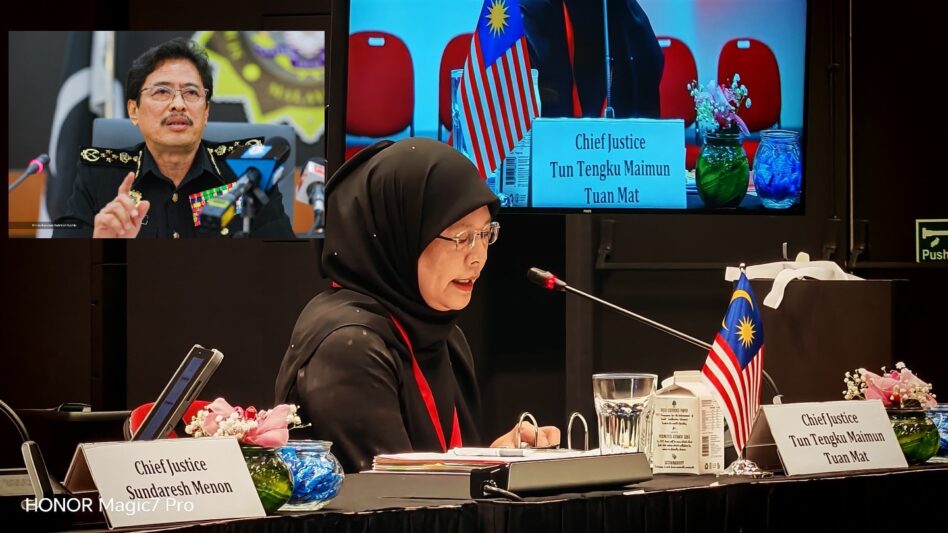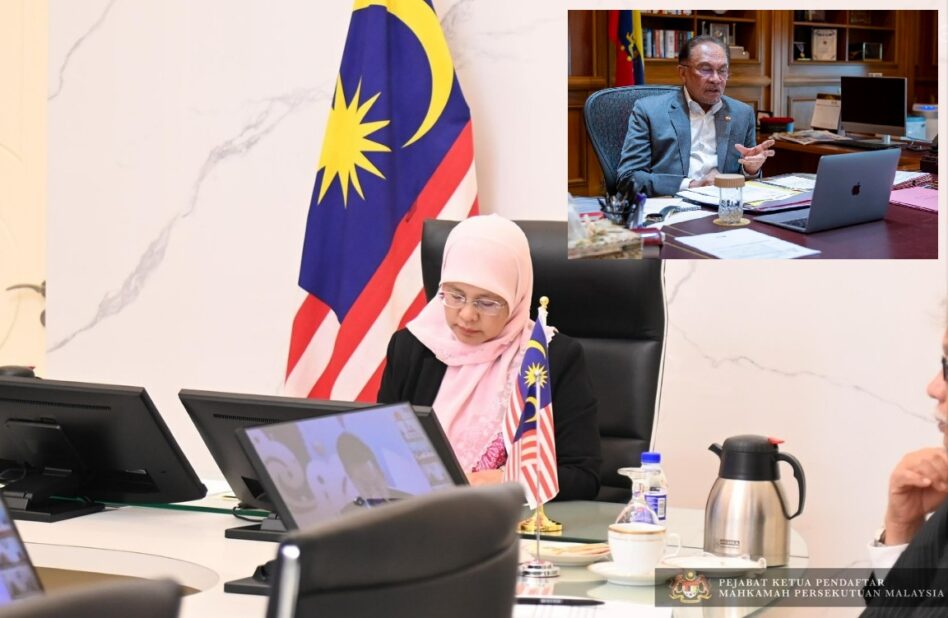IN the second part of the article, we shall speak about how Indian leaders, particularly those from MIC, should have clear understanding of the community’s aspirations and why they should never under-estimate young voters.
When talking about elections, the important thing is not to promote personalities but to address fundamental issues that have plagued ordinary citizens.
Malaysians primarily face socio-economic problems such as rising cost of living, decline in quality of life, unemployment and soaring crime rates. These factors will have a significant impact in determining the outcome of this election.
Unfortunately, Indian leaders in the Government and the MIC are debating the same old issues, rather than addressing the community’s future in Malaysia.
For example, we seldom hear any MIC leaders speak on international issues such as the Russian-Ukrainian conflict or the rise of Taliban in Afghanistan.
One may wonder why addressing such international issues are relevant. The reason is simple. In order to design policies that will help the community and country, leaders must have a wide understanding of international affairs!
So, whether the present breed of MIC leaders are equipped with such expertise is debatable. I have even watched several WhatsApp videos/Tik-Tok of an Indian leader criticising his opponents but I am curious why he never spends his valuable time exploring solutions to address Indians’ plight.
Indian voters’ mindset
In every general election since Independence, the majority of Indian voters have supported the Alliance coalition which was later rebranded as Barisan Nasional (BN). In fact, they were regarded as the coalitions’ “fixed deposits”.

However, the perception was shattered in the late 1990s due to MIC leaders’ unwillingness to listen and resolve the community’s grievances. These egotistical MIC leaders of that time caused Indians to abandon BN in droves.
While things seemingly started to improve within the MIC, I have noticed the old shenanigans are resurfacing among the current crop of MIC leaders following the Sheraton Move. So, when will these leaders learn from their previous blunders that caused them to lose ground support?
All politicians should be reminded that the contemporary electorate are well-informed and not easily swayed by rhetoric. They are aware of what to anticipate from their leaders and Gen Z voters value principled leaders.
If the leaders lack principles and are corrupt, then be prepared to receive a rude shock at the ballot box!
Regrettably, MIC leaders are still stuck on past issues and lack clear vision on how to lead the Indian community in the fast changing national and global landscape. Instead, they are still hurling unsubstantiated attacks on Opposition leaders and parties with their arguments always centred on the 2R strategy (race and religion).
As an Indian myself, I am more interested in learning about the future plans and strategies these MIC leaders have to uplift the community and our next generation. I am not interested in listening to these leaders’ self-serving remarks using loose cannon arguments as they have no relevance for the future generation.
As the sole representative of this community in the Government, as MIC often asserts, I wonder whether these MIC leaders have carried out their duties and responsibilities well. Admittedly, the answer is a resounding no.
So, what do these MIC leaders who hold key positions in the Government do to fix the community’s problems that have existed since Independence? If these leaders are unable to tackle the problems, they should just leave. This will allow other competent individuals to come forth to assist the community.

Unfortunately, because to their ignorance and arrogance, MIC leaders rarely leave on their own. The prevailing consensus is that they lack a defined mission and vision in leading their community.
One of the most serious issues affecting the party is its process in selecting candidates for elections. The process is severely flawed and candidates are picked based on their allegiance to top leaders and the party.
But bear in mind that times have changed. If MIC allocates seats to tainted candidates in the upcoming general election, the outcome will be disastrous to them. As piece of advise, I would like to urge MIC to learn from the electoral experiences of the UK Labour Party and the Conservative Party.
The election performance of these UK parties is impacted by the selection of young and dynamic candidates which offers them a significant edge as well as having proper policies to entice electorate to vote for them.
Conclusion
For more than 60 years, the Indian community had blindly trusted these MIC leaders. Since the 1970s, these leaders have failed to meet their responsibility in uplifting their own community.
The most “significant contribution” these politicians had made is basically dividing the community further, who only account for less than 7% of the entire population.
Many Indian language-based organisations were formed as caste-based associations within the population. This is an irreversible situation. For the benefit of the community’s future, MIC should establish an umbrella body that will “encompass” all these entities. This body should serve as a unified voice for the community.
Nevertheless, the onus is on MIC and its leaders to right the wrongs of the past by selecting capable individuals to lead the community into the future. If they do not, MIC will be wiped out in the 16th General Election.
Besides, the influx of foreigners who have taken positions that have historically been held by Indians is alarming. Another source of concern is the Indian population’s annual decline.
In a nutshell, Indians needs visionary and charismatic leaders to lead this community to the future. If the current Indians from both sides are incapable to do that, then they must retire. This will enable young leaders to take up the mantle of improving the lives of the next generation of Indians in this beloved nation. – April 11, 2022.
R Paneir Selvam is the principal consultant of Arunachala Research & Consultancy Sdn Bhd (ARRESCON), a think tank specialising on strategic national and geo-political matters.
The views expressed are solely of the author and do not necessarily reflect those of Focus Malaysia.
(Main photo credit: Malaysia Now)









